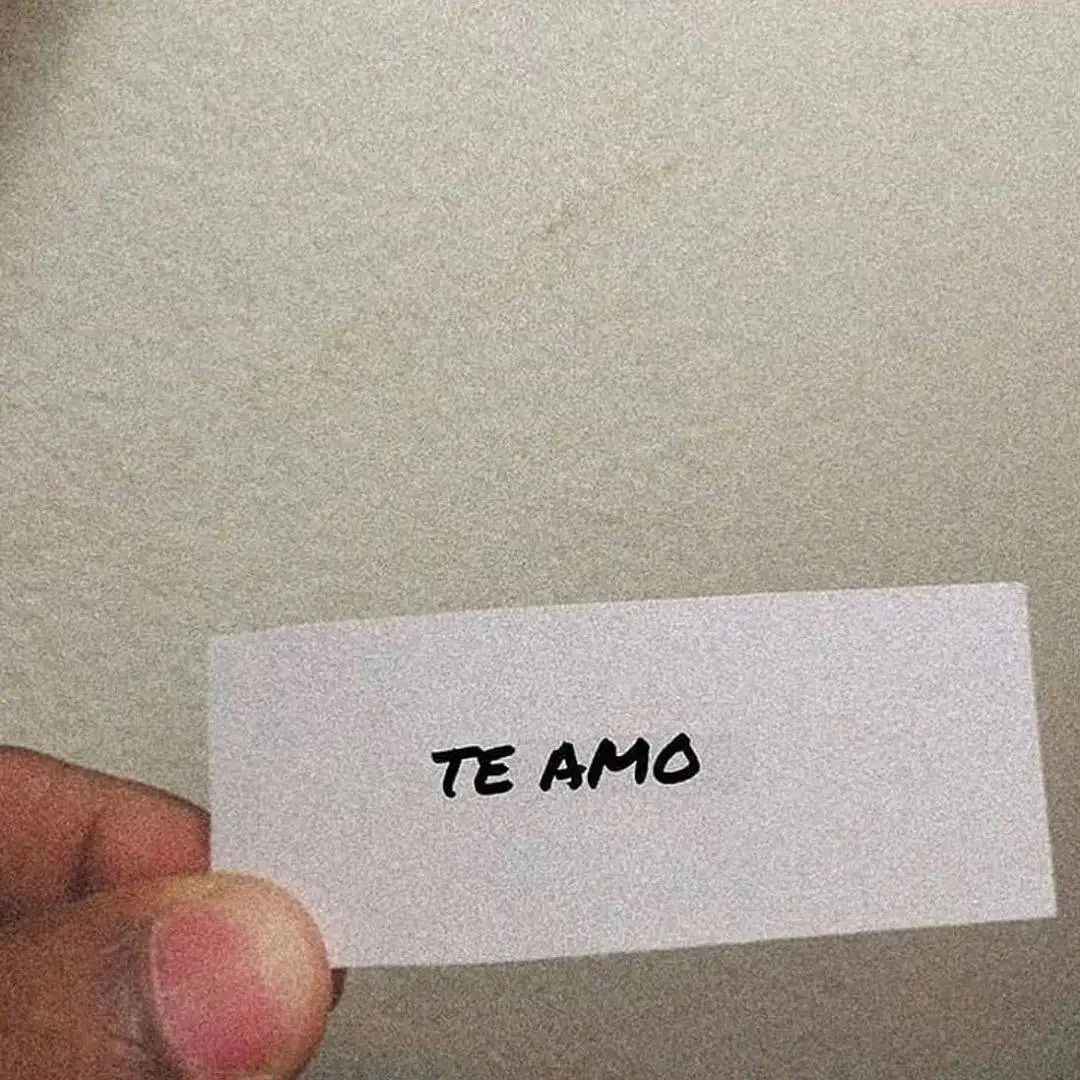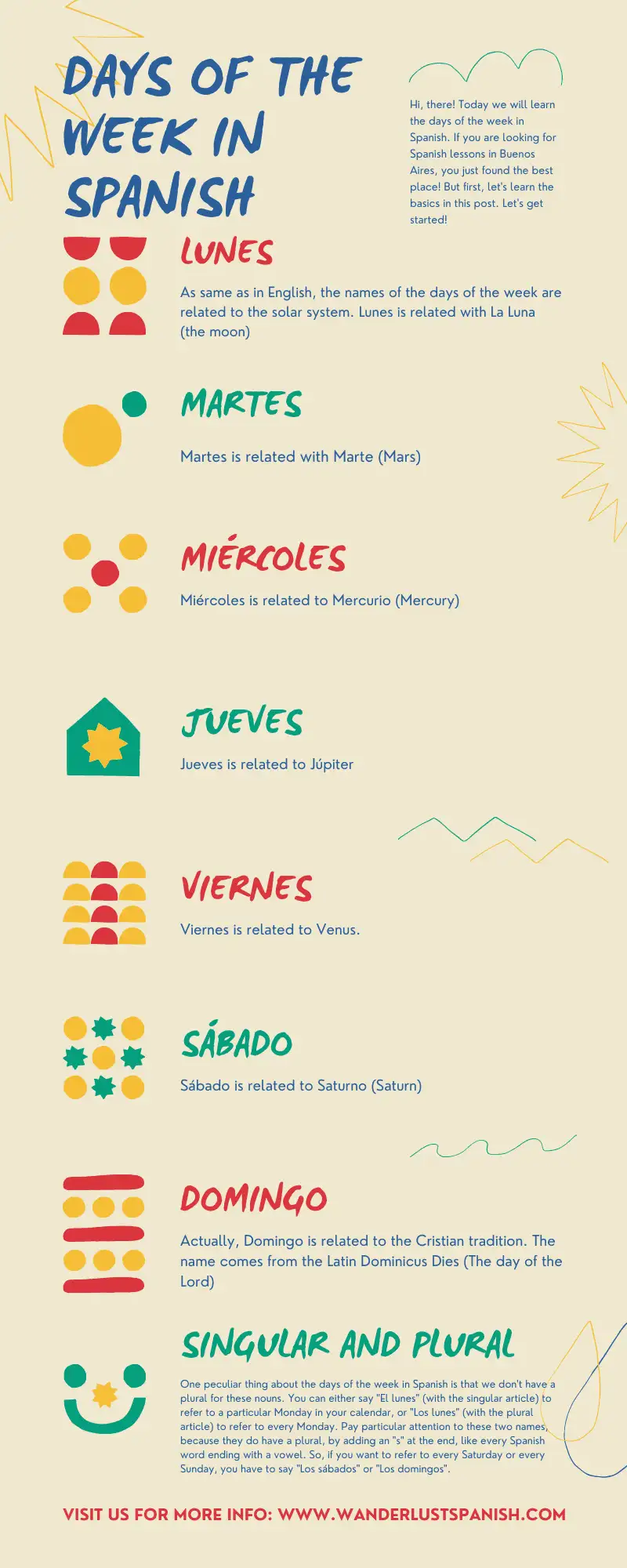So, how do you say “I love you” in Spanish? You’ll learn it in this post. Your best Spanish school will teach you! Keep reading! Firstly, hi, how are you? Welcome to another post from Wanderlust Spanish. We are committed to teaching you the best way to learn Spanish.
How to say Happy Valentine’s Day in Spanish
Contents
Depending on the region, you can use the following expressions to wish someone a happy Valentine’s Day in Spanish:
- ¡Feliz Día de San Valentín!
- Feliz Dia de los enamorados
Many Spanish-speaking countries celebrate Valentine’s Day with cards, flowers) and chocolates, just like we do in the United States. Still, traditions vary from country to country, and some regions celebrate love and friendship on different days throughout the year. In addition to traditional Valentine’s festivities on February 14, Argentineans also dedicate an entire week to exchanging candles and kisses, which is known as La semana de la dulzura.
How do you say “I love you too” in Spanish?
The funny thing about Spanish is that we have many ways to express affection.
Actually, if you want to translate “I love you”, you will have to think about what kind of “I love you” you mean. To a friend? To a couple? Maybe to your grandmother?
Difference between “te quiero” & “te amo”
Since nothing in life is easy, you also have to know that there is another way to express “I love you”. This is “Te quiero”. “Te quiero” is the most used way to express affection with friends, family, and also with couples. So what is the difference between “Te quiero” and “Te amo”?
Socially, “Te amo” implies a greater commitment to this love. Whatever kind of bond it is. “Te quiero” is below “Te amo”.
Usually, it is very common to express “Te quiero” after a time of dating a person. But, “Te amo” is an expression that connotes more commitment. “She/He/They said ‘Te amo’” is a great topic of conversation between friends after a few months of dating someone.
Spanish names you can use for your lover
Ok, let’s start with the classic ones. “Amor, mi amor, amorcito”. This means “love”, “my love”, “little love”. “Bebé”. This means “baby”. “Cariño”. This literally means affection, but you can translate as “sweetie”. “Cielo/ mi cielo”, means “sky/ my sky”. “Corazón” (this one is very used in Argentina, and it’s used either with lovers, family, or friends). Corazón means “heart”. “Vida / mi vida”. Means “Life / my life”. And finally: “mi rey, mi reina, mi reine“. My king, my queen, my drag queen/king?









